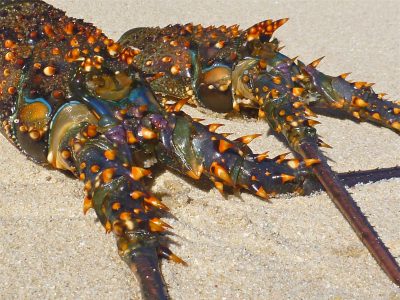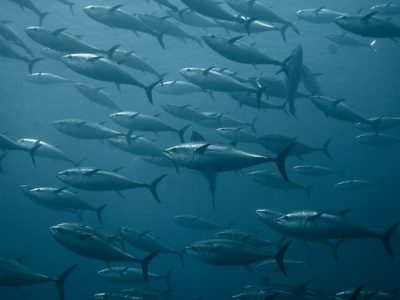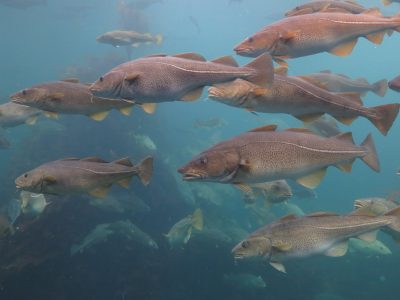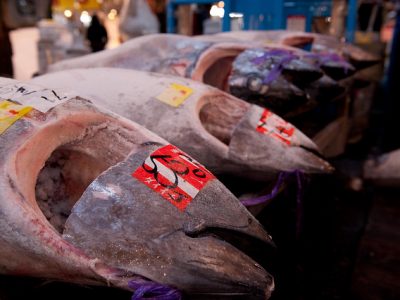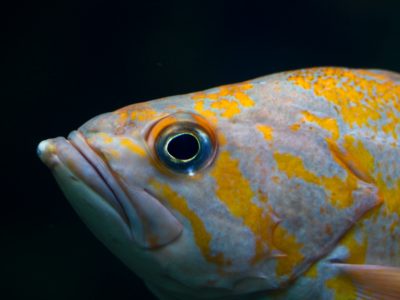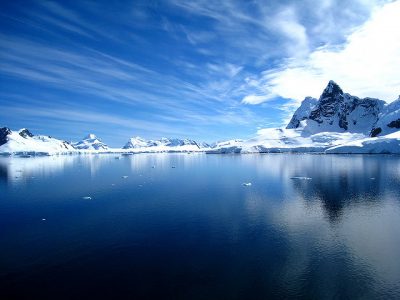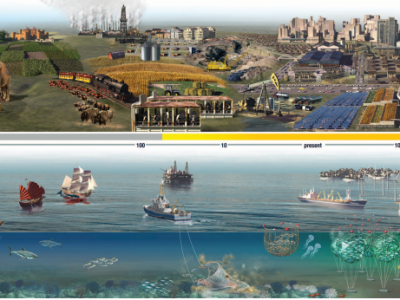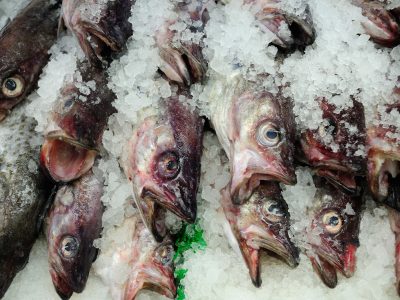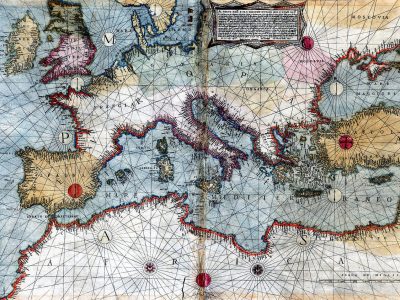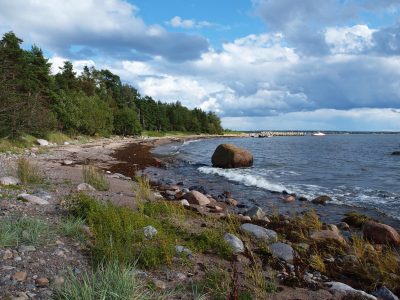Overfishing & overpopulation: Too many fishers chasing too few fish?
By Julia Mason, Nereus Program fellow at Stanford University
There’s a tendency among conservation scientists to attribute the world’s environmental crises to the growing global population. Fisheries science is no exception—the issue of overfishing is often condensed to one of “too many fishers chasing too few fish,” leading to inevitable fisheries declines.



